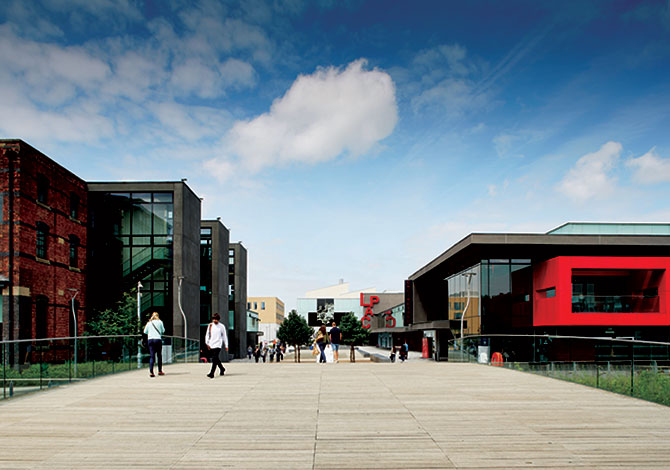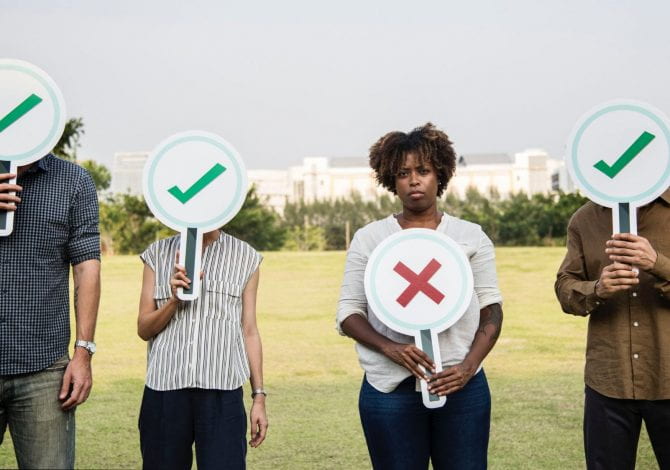Domestic abuse is not “just” or “always” physical. It is a pattern of behaviour committed in a relationship which is designed to control another person. This can happen between partners and in family situations and does not always stop after those relationships have ended, or the person has left the family home.
It is a form of gender-based violence and women are more likely than other gender identities to experience multiple incidents and different types (intimate partner violence, sexual assault and stalking). Any person can experience abuse regardless of race, ethnic or religious group, sexuality, class, or disability.
Even though domestic abuse is common, it is under-reported. Some people may not be aware that what is happening to them is domestic abuse and some people do not tell anyone because they feel ashamed or that in some way it is their fault but this is never the case. Asking for help can be hard. You could be feeling very isolated, lonely and afraid. If you are being abused, you are not alone, and it is not your fault.
See below for the different types of domestic abuse






